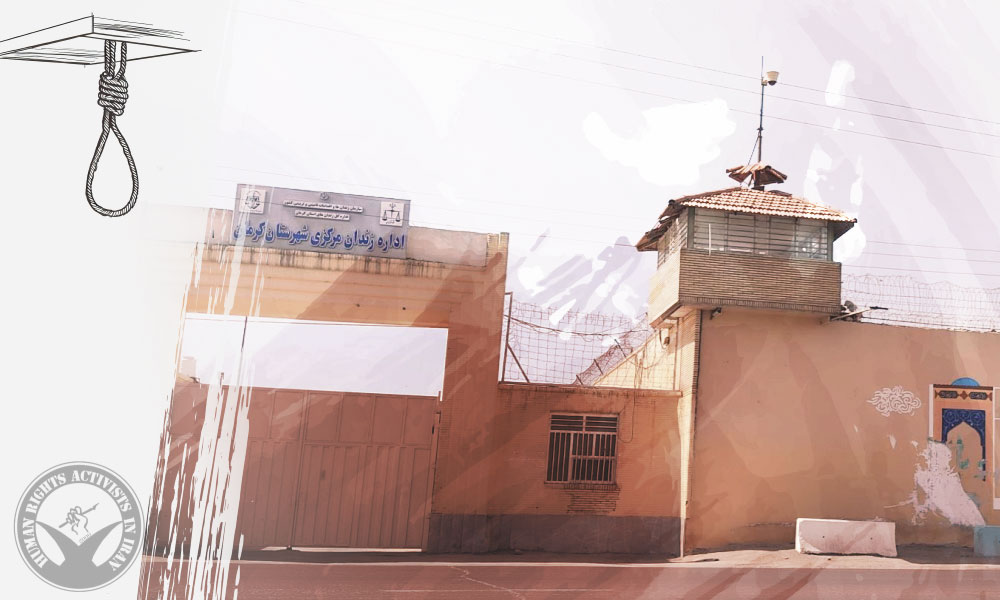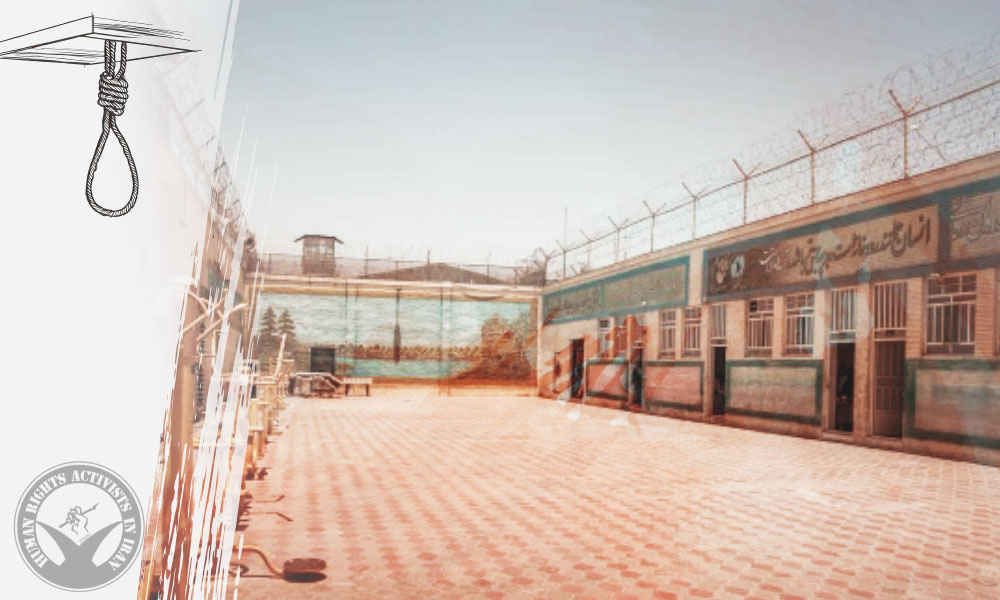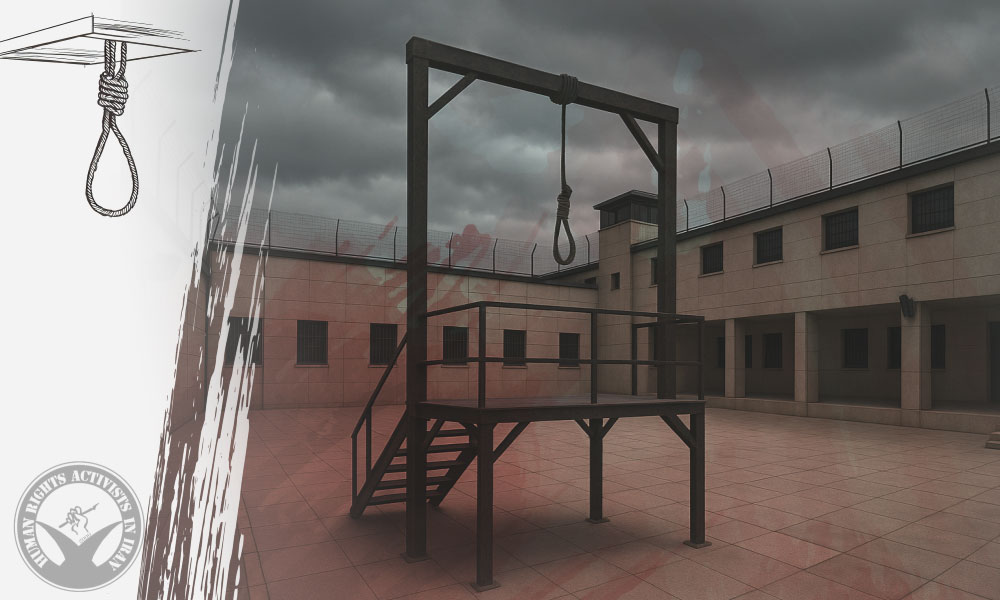HRANA – Political prisoner Omid Fathi, held in Vakilabad Prison of Mashhad, sustained an eye injury last night after being beaten by prison security officers. His pre-existing spinal disc condition has reportedly worsened, and he is currently denied phone calls and family visits.
A source close to Fathi’s family told HRANA:
“On the evening of Friday, October 17, several security officers at Vakilabad Prison attacked Omid Fathi after he left the prisoners’ phone area. As a result of the beating, one of his eyes was injured and became swollen and bloodshot. Given his history of a herniated disc, his physical condition is concerning.”
The source added:
“On Saturday, Omid Fathi’s family went to Vakilabad Prison to inquire about his condition but received no clear answers. Some officials claimed he was in the prison infirmary, while others said he remained in Ward 103. The family says they have been denied any contact or visitation, and repeated attempts to reach relevant authorities have yielded no results.”
Reports received by HRANA indicate that following the release of several audio recordings from inside the prison, a new security case has been opened against Fathi. According to informed sources, he was recently taken to court, where the content of the recordings was read to him, but his family has received no details regarding the legal proceedings or outcomes.
Omid Fathi, who suffers from back problems including a herniated disc, had previously been transferred to Ward 103 of Vakilabad Prison by order of the prison’s internal management and security department. On September 4, he went on hunger strike to protest poor prison conditions and the authorities’ failure to separate prisoners based on the nature of their charges.
In June 2025, Branch 1 of the Mashhad Revolutionary Court sentenced Fathi to a fine of 50 million tomans in lieu of six months in prison. He was transferred to Vakilabad Prison after being unable to pay the fine. Another case against him, including charges of ‘insulting the Supreme Leader’, was to be heard in a separate court session, which was postponed due to the Israeli attack on Iran.
Omid Fathi, a resident of Mashhad, has previously faced multiple instances of security harassment and prosecution in connection with his activities.













